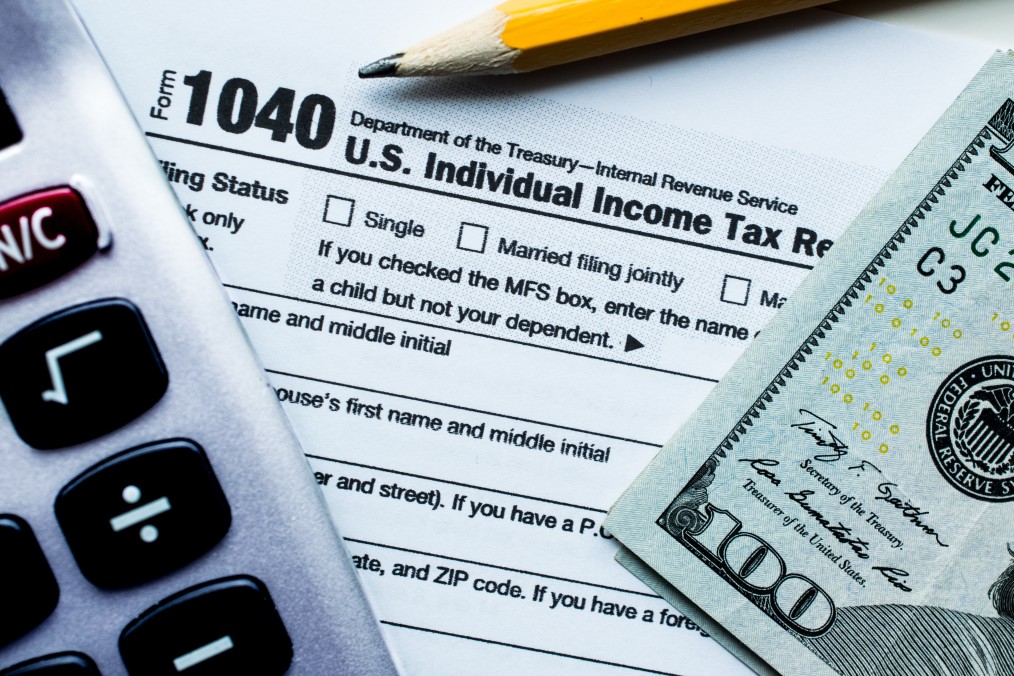The current plan is to focus on increasing the amount of tax paid by wealthy people and companies.
One of the most common economic debates centres around the idea of how ‘big’ governments should be. Bigger governments are more involved in their citizens' lives: they have more say over what people can and can’t do (via regulation) and have a larger budget.
A key element of this debate is which things should be paid for by the state, and which things should not be. The differences of opinion on this matter are reflected in how varied government spending policies can be between countries, including ones that are similar levels of wealthy. Britain has a national health service. Sweden pays for long parental leaves and cheap nurseries. Singapore offers its citizens subsidised public housing. Compare any of these examples to America, who is famously stingy on all three counts.
Now, not everyone would say America’s stance is a bad thing. There are disadvantages to having a large(r) government. One of the ones that is frequently focused on is tax rates. Most governments get most of their revenue from taxes, so a government that wants to spend more money generally needs to levy larger taxes.
Taxes can take many forms, but they’re often attached to wages, purchases, and profits. So having a more hands-off government means American workers get to keep more of their paychecks than their peers in many European countries, and business people more of their profits. Some of the stuff they buy is also cheaper. And Americans aren’t compelled to fund as many things which aren’t of use to them personally. Paying into policies which don’t match their own priorities/needs often annoys taxpayers elsewhere.
But of course there are also advantages to having a larger government and more state spending. Compared to private companies, the state usually has much more leeway to prioritise important but sometimes non-profitable things like improving inequality or helping the poorest and most vulnerable. And at the 2020 federal election America voted in a government that is relatively keen on doing just that. President Joe Biden has introduced a social spending bill that, if US parliamentary bodies agree to make it law, would see the state spend $3.5 trillion dollars over ten years on things like healthcare, childcare and environmentalism.
Biden says he will pay for these plans with tax increases. Which raises the question of which taxes he should raise in order to minimise the negative effects described above. Biden and his team think the best plan is to pin the extra taxes on those who can most afford them: households earning over $400,000 a year and businesses with annual profits of more than $5 million.
Targeting the richest in this way tend to be a pretty popular tax policy, and regarded as one of the fairer ways of going about things. But Biden's tax plan has also been criticised, including by people who are in favour of his spend-more tax-more approach. These people’s concern is that the proposed tax changes won’t be effective, i.e. they won’t raise the money needed and/or they'll cause other problems for the same people the spending bill is meant to help.
One of the issues being raised is that taxes that are aimed at profits and salaries could function as a deterrent on maximising said salaries and profits. That might have undesirable ripple effects. For example, if a tax regime discourages successful companies from expanding, there may be fewer jobs available. For this reason, some economists would prefer for Biden to put his new taxes on consumption, by creating a federal value-added tax (VAT).
A problem with VAT is that it's what economists call a regressive tax. This means it hits the poorest the hardest, because they can least afford, say, the cost of their weekly food shop going up. On the other hand, a VAT would have the advantage of being applied really widely. After all, everyone buys stuff. This means it might bring in more money overall. Indeed, not having a VAT is unusual in rich countries, especially those who offer the sort of state-funded social security mentioned at the top of this article .
A broad-based, hard-to-avoid tax would also sidestep the other problem that Biden's proposed taxes have: America’s tax rules are super complicated and have lots of exemptions and loopholes. This allows taxpayers - especially those rich enough to hire the best accountants - to easily find ways to avoid actually paying full whack.
Read our explainer on: what should be taxed?

